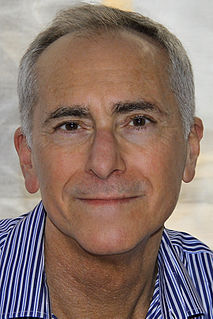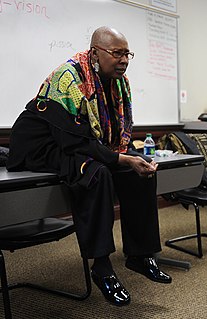A Quote by A. Scott Berg
After 'Lindbergh,' my publisher asked whom I wanted to write about next. I said, 'There's one idea I've been carrying in my hip pocket for 35 years. It's Woodrow Wilson.'
Related Quotes
Woodrow Wilson is reported to have told a Princeton colleague, shortly after the 1912 election, "It would be an irony of fate if my administration had to deal chiefly with foreign problems, for all my preparation has been in domestic matters." In the event, Wilson's early months were marked by substantial domestic legislative accomplishment. Unfortunately, after Europe plunged into the Great War in August 1914, Wilson's leadership was uncertain.
When Arthur Schlesinger Sr. pioneered the 'presidential greatness poll' in 1948, the top five were Lincoln, Washington, Franklin D. Roosevelt, Woodrow Wilson, and Jefferson. Only Wilson appears to be seriously fading, probably because his support for the World War I-era Sedition Act now seems outrageous; in this analogy, Woodrow is like the Doors and the Sedition Act is Oliver Stone.
On the return flight from my mother in Florida , I sat next to a businessman who asked me what I did for a living. I said, "I write," and it seemed totally ridiculous in the face of what had just happened. I mean, I couldn't think of anything more pointless than telling stories. He asked, "What do you write?" I said, "I write children books."
[A] couple I had known - who were old friends - asked me what I was going to work on next. I told them I wanted to write a near future book about AIDS concentration camps. They were vehement in their response: they thought it was a terrible idea. Their words both shocked and saddened me. "Do you really want to write a book about homosexuals?" they asked me. "Won't people who read your work be influenced toward sin?" I notice that I don't hear from them much lately.
My wonderful editor, Jackie Onassis, asked me to write a book that I wanted to write. I said, 'Look, it's not going to be scandalized. I'm not going to talk about anybody like a dog. I'm going to say the positiveness of my life, and talk about those who have contributed to the way I've been going, and that's that.'






































